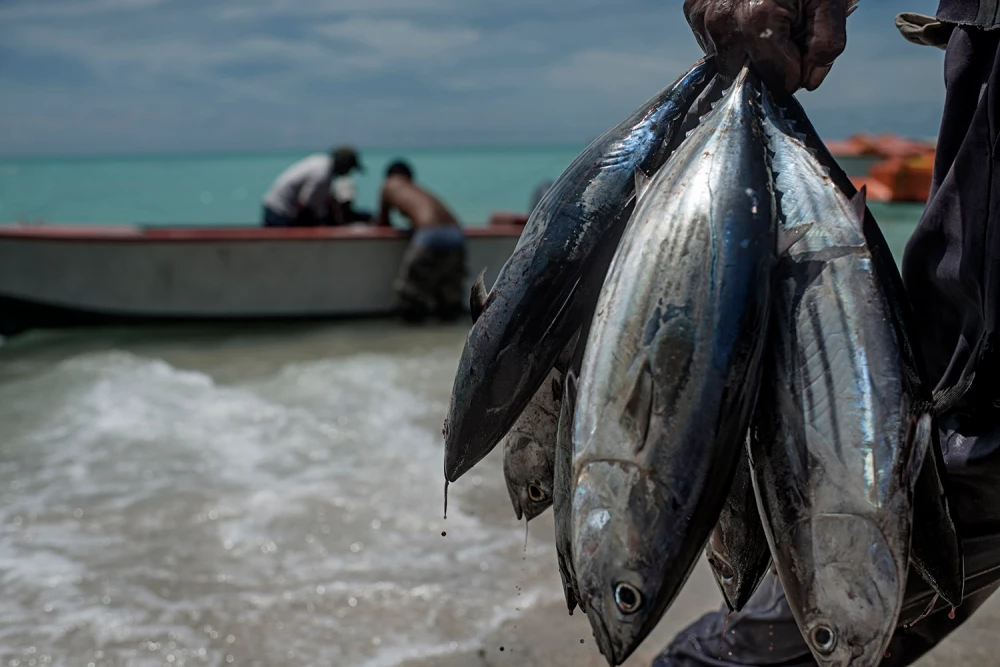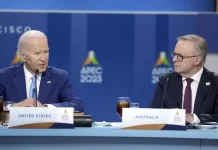Global fish talks to curb harmful subsidies have failed to reach agreement at the World Trade Organisation (WTO) Ministerial this morning, an outcome the Pacific Network on Globalisation believes avoids the acceptance of a bad deal.
“The proposed text for consideration by Ministers lets the large-scale distant water fishing fleets off the hook of cutting their subsidies, undermining the attempts to hold those most responsible for global overfishing accountable, was never a good proposal”, commented Adam Wolfenden, Deputy Coordinator, Pacific Network on Globalisation (PANG).
Negotiations at the Ministerial were extended many times during the final day yet failed to come to any outcome on fisheries subsidies.
“What was before Ministers was an unbalanced agreement that rewarded those big fishing nations while placing more and more burdens on developing countries. Enormous pressure was being placed on countries to reach a deal. Agreeing to such an unfair deal would have set back sustainability and development” added Wolfenden.
The Pacific Island Countries brought a proposal calling for the cutting of subsidies for distant water fishing fleets however it appears to have never been formally included in the negotiation text this week.
“There were proposals on the table by Pacific Islands to address distant water fishing subsidies but the failure to properly include this in the revised texts by ministers shows the intransigence of the big fishing fleets and their governments to genuinely contribute to a fair and equitable outcome, ” continued Wolfenden.
The negotiations on fisheries subsidies were mandated by the Sustainable Development Goal 14.6 which called for the prohibition of certain forms of subsidies that contribute to overfishing and overcapacity while ensuring appropriate and effective special and differential treatment for developing countries.
“The proposal effectively allowed all those big fishing nations, who have already built their fleets and fishing capacity, a loophole to keep providing their subsidies for fishing. This fails the mandate text,” stated Wolfenden.
“What was ultimately being asked of developing countries, including Pacific Island Countries, was to sacrifice their development ambitions in favour of allowing those big distant water fishing nations to continue to provide subsidies and fish Pacific fish resources. In our view this is a case of no deal is better than a bad deal” concluded Wolfenden.















